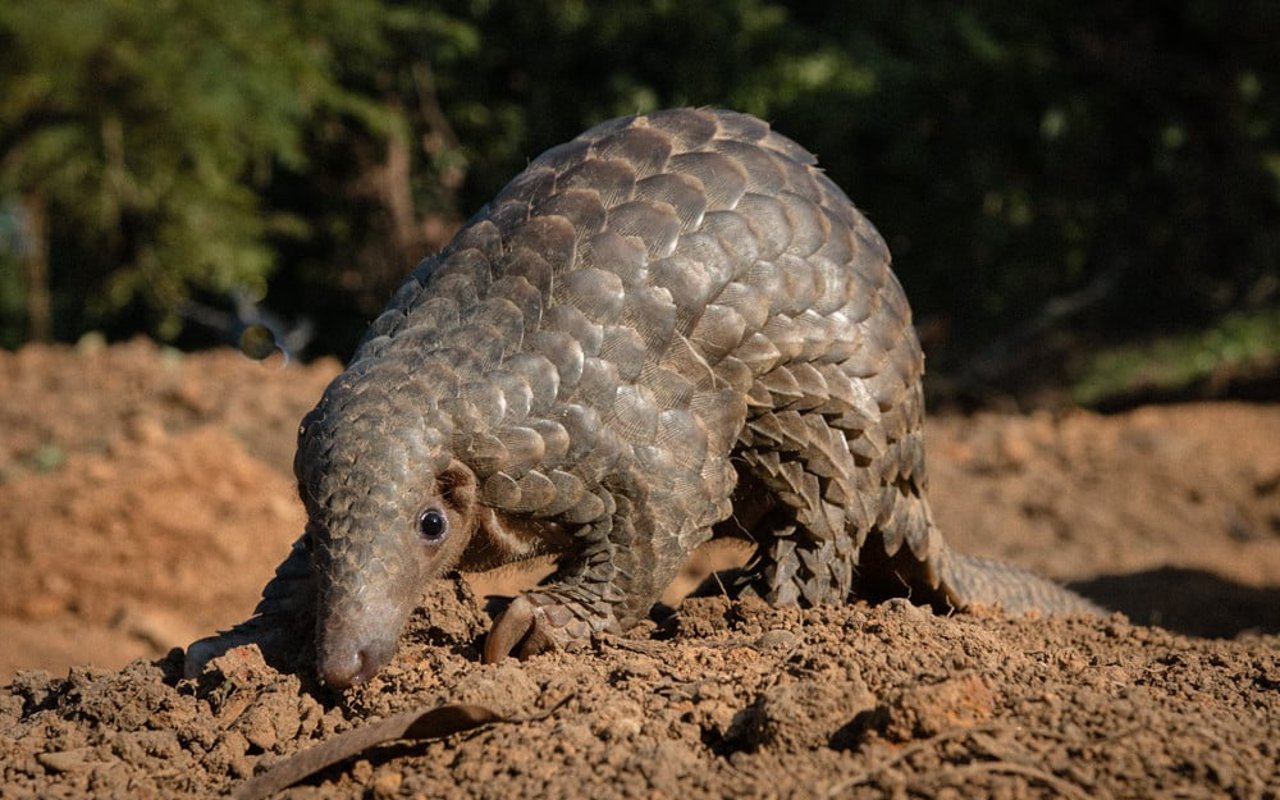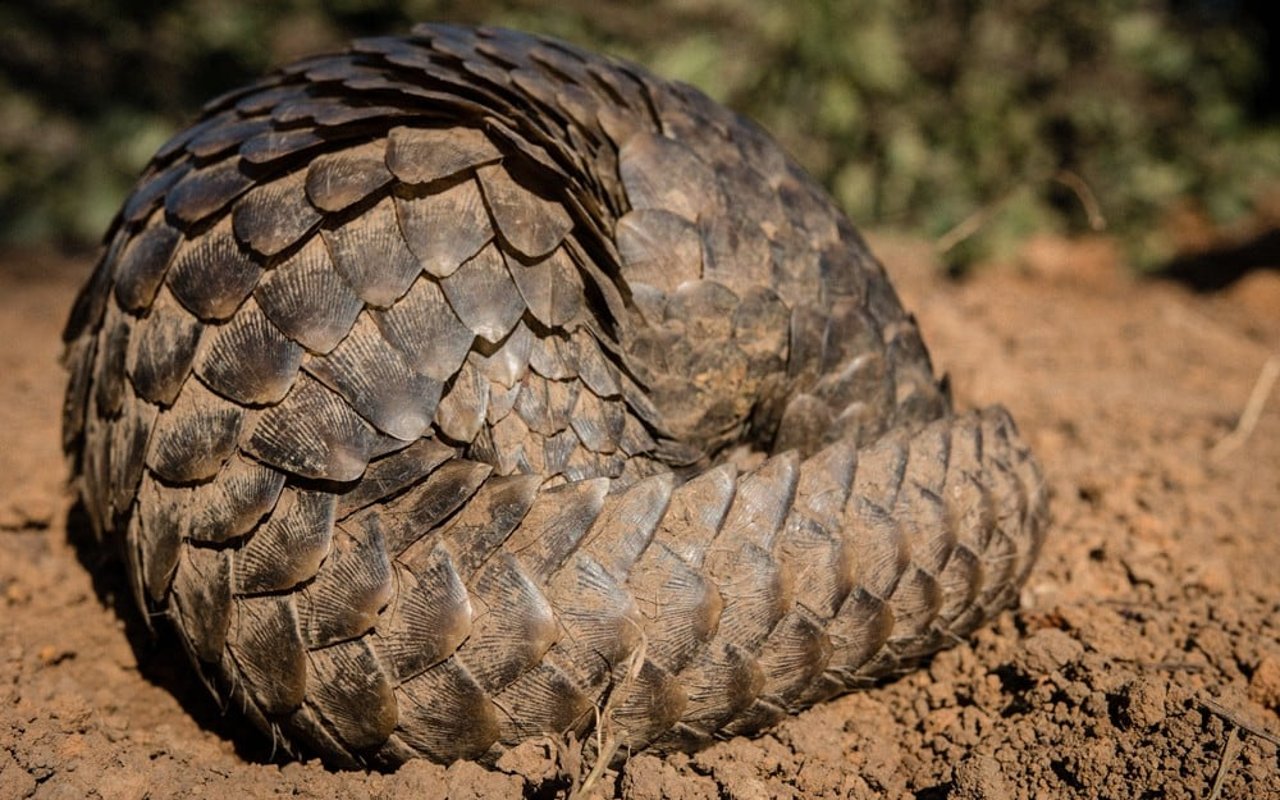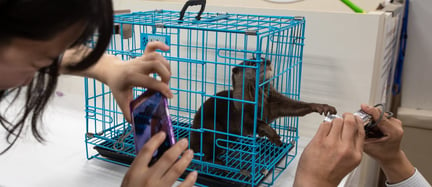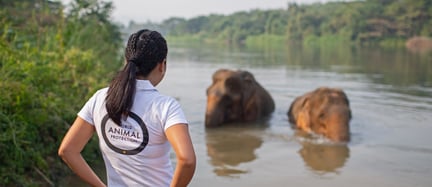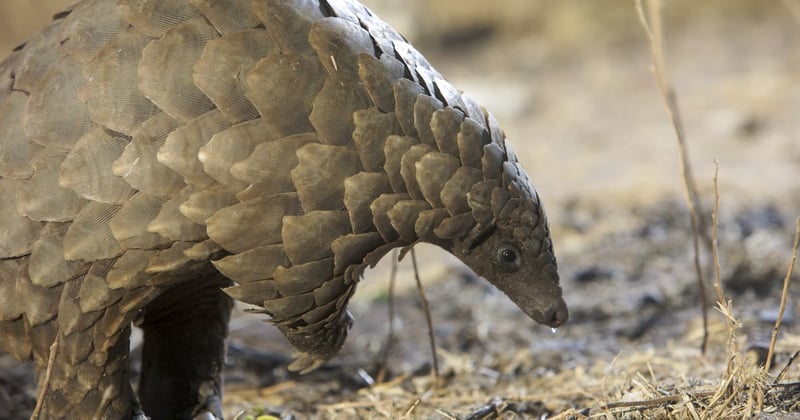
Five interesting facts about Pangolins
News
Pangolins are the world's most endangered animal you've never heard of. Learn more about these amazing, gentle creatures!
Pangolins are the cutest animal you probably never heard of – but they hold a world record. Sadly, this is not a positive one: pangolins are the most trafficked mammals in the world. We would like to increase awareness of these truly amazing prehistoric-looking creatures by sharing our favourite facts about them.
Bon Appétit!
Pangolins are also known as “scaly anteaters” because…you guessed it, they feed on ants. They are insectivorous, so their diet also includes termites, larvae and other small insects.
It's a hard shell life
Pangolin scales are made of keratin, the same protein that makes up our own hair and nails and many animals’ claws. The scales cover almost their whole body (except their underside) and they make up roughly 20% of their body weight.
They see me rollin'
Their name, “pangolin”, is derived from the Malay word “pengguling”, which loosely translates to “something that rolls up” – and indeed, they do! To defend themselves when feeling threatened, the small mammals roll up in a ball, similarly to hedgehogs and armadillos.
Spiky on the outside, gummy on the inside
Pangolins do not have teeth and are unable to chew. Instead, they have long sticky tongues that they use to catch the insects they feed on. Their tongues can be up to 16 inches long!
One more fact
The biggest threat to pangolins is man. These animals are hunted and mercilessly killed for their scales to be sold on the black market, for use in traditional Asian medicine. All species of pangolins are featured on the IUCN Red List of Threatened Species, on par with rhinos and tigers. Even national treasure David Attenborough named them in his list of top 10 endangered animals.
Wildlife trade
Global wildlife trade is an inhumane industry that cruelly exploits our planet’s wildlife for financial gain.
Support us
Your support is key to bringing an end to animal suffering across the world and here in Aotearoa New Zealand
